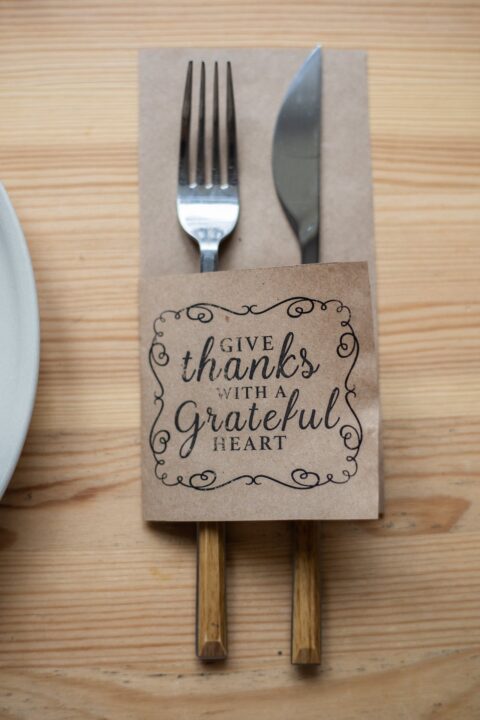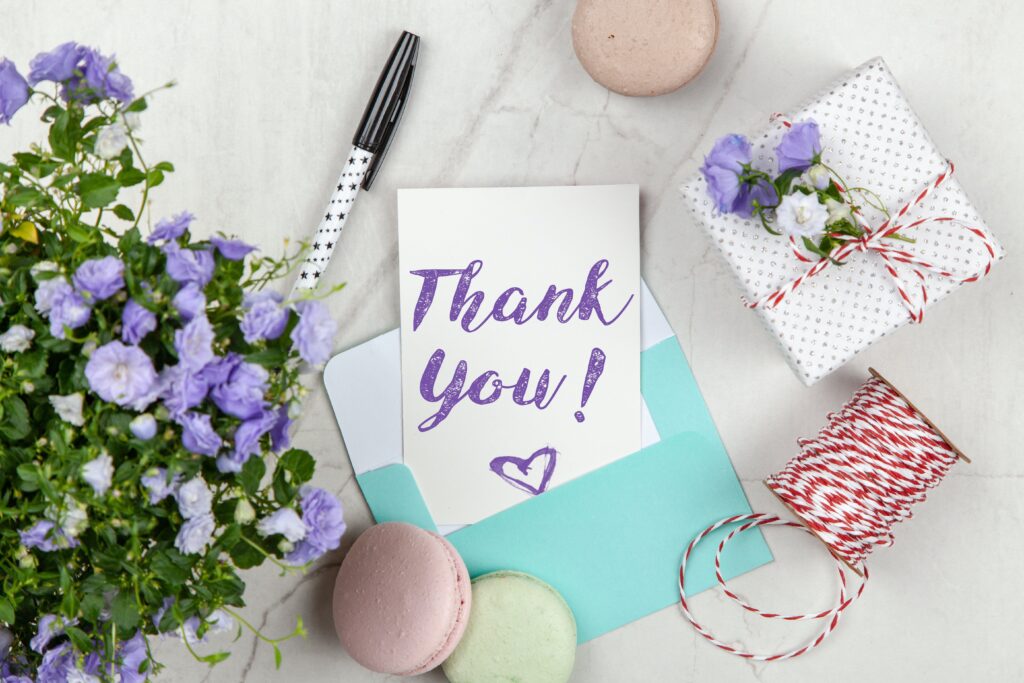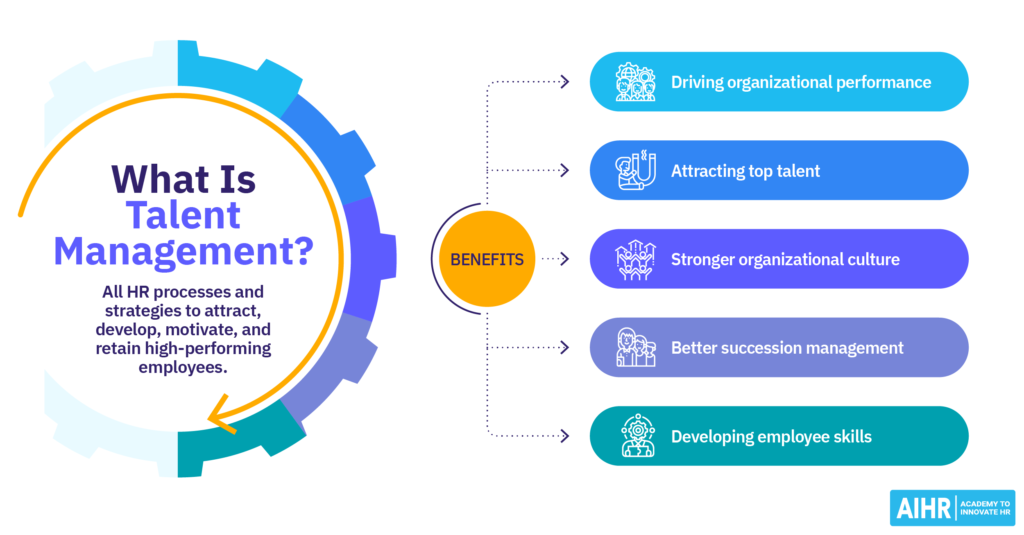Thank you is a popular phrase used to express appreciation in every part of the world. Everyone has used it, even the littlest of humans. As kids, we were taught to show gratitude for anything given to us. This has made the word thank you so popular and common amongst different nations, tribes, cultures, and languages.
In this article, if someone says thank you what should I say? We will be discussing different responses that can be used after receiving a thank-you.
As popular and common as thank you is, it has responses. These responses are said to express mutual understanding and respect. Responses like, It’s alright, no problem, of course, don’t mention and you’re welcome. Help the thank-you recipient express how they feel about the help rendered and the respect they have for you.
Courtesy demands that every act of kindness or politeness be appreciated with a thank-you. Therefore, receiving thanks is a normal thing. There are a range of replies suitable for receiving thanks. Most of them depend on the amount of effort put in, the settings in which the help was rendered and the kind of relationship. Let’s move on to: If someone says thank you what should I say?
If someone says thank you what should I say?

As mentioned earlier, there are several replies offered when receiving thanks. These replies can be formal, casual, very informal, or colloquial. Responses to thank you could even depend on how much effort it could have cost you. Let’s take a look at these responses in the following subheadings.
1. You’re welcome
Saying you’re welcome is the most common response to thanking you. It shows that you are comfortable with the assistance you rendered.
2. It’s nothing
A very casual response to thank you means it cost you nothing. It expresses that it was a very easy help you rendered or it doesn’t mean anything to you.
3. That’s quite alright
This is a colloquial response to thank you, often used in Britain. It means that you are quite comfortable with the help you rendered. For example, if your daughter visits you on short notice or without prior notice, the use of ‘that’s quite alright’ could also depend on the relationship you have with the person. But otherwise, it is used to express comfortability.
4. No problem
These words are most often used in informal or casual conversations. It literally means there is no problem. In business settings like restaurants, this reply is avoided. Even the use of the reply ‘no worries’ is sometimes misinterpreted to mean there is or was something to worry about. So to avoid misunderstandings, ‘no problem’ and ‘no worries’ are used only in very informal conversations.
5. Anytime
This is a casual response to thank you that could mean you can be relied on for such tasks at any time. When using this response, be sure you mean it. This is because saying it alone will encourage the person to keep coming to you for help. It also means you’re available to help at any time.
6. You’re Most Welcome
Trust me, there is nothing wrong with just ‘you’re welcome’ but saying ‘you’re most welcome’ adds a touch of your personality and warmth to that response. Which, in turn, lets the other person know the depth of your words. You can learn more about how to personalize common responses.
7. Don’t mention it
This response could mean that you’re a shy person or that you just want to politely end that topic of conversation. It’s a reply that can be misunderstood as being snubby by some but otherwise, it is just a polite answer.
8. It’s My Pleasure
This reply is always used when you actually enjoyed yourself while rendering the help. For instance, sharing food with people at a shelter. Maybe it’s your passion to see people who can’t afford meals get meals for free. When your help is needed in this area, it would definitely be your pleasure to help.
9. It’s My Honor
Honor is taken very seriously among highly disciplined people. So in this case, the help or service you rendered might not have been that easy. For instance, when war veterans receive appreciation from the public or the nation, they don’t say ‘it’s our pleasure’; they always say ‘it’s our honor’. This is because the service they render is seen as their duty, and they don’t take it lightly.
10. It’s the least I could do
This is a response given with the aim of trying to make up for something. For instance, someone you know lost his or her job and you help out by getting her groceries. Your aim here is to relieve the person of a bit of pressure while the person gets back to looking for a job.
11. Glad I Could Help
This response just shows how glad you are to be able to help. This is because when help is needed, not every Tom, Dick, and Harry can actually help out. So if it is in your power to help, whether or not it’s tough, you are glad you could. For instance, when a surgeon carries out a successful surgery, no matter how challenging it might have been, he or she will always be glad she helped.
12. I’m Glad You Like It
I’m glad you like it; it simply means you are glad, relieved, or most times both. For instance, you want to surprise a friend or your mother-in-law with a gift. Surely you would be anxious to buy something they would like. When you finally give them the gift, you see the way their eyes light up and their lips lift up to form a beautiful smile. You are glad and relieved to know they liked it.
13. You’re very welcome
This response emphasizes how delighted you are and how fulfilled you are. For instance, a grandma would love nothing more than to see her grandchildren surround her.
When they ask her to tell them stories under the moonlight, she obliges them. She definitely enjoys the expressions on their faces and the sounds they make when she tells them different plots of stories they have never heard. Now, when her grandkids say theirs, she would most likely say, ‘You’re very welcome’.
Conclusion
Saying thank you is an age-long tradition that never gets old. Diverse replies to thank you help express different ranges or depths of feelings attached to the help or service rendered. This helps to build social interactions and form communities on several levels. If someone says thank you what should I say? There is a lot to say and with practice, you can become more fluent with it.




